According to Devdiscourse , after years of speculation, the stage is set for the long-awaited Apple WWDC 2023 developer conference. The company may also use the event to introduce the latest Mac models, iOS 17, and discuss the company's strategy for artificial intelligence (AI).
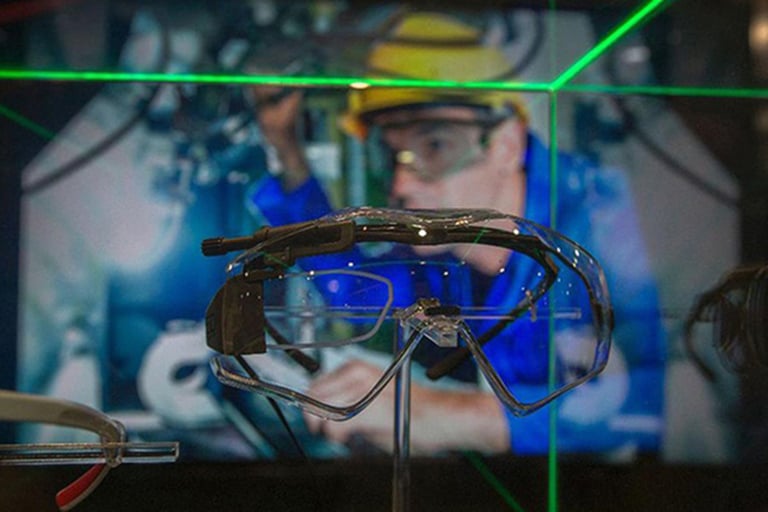
Apple Glasses Come When Mixed Reality Has Yet to Gain Massive Consumer Interest
The biggest star of the show was the rumored Reality Pro mixed reality glasses, which could be another game-changer for Apple, even though the company isn’t always the first to market. But with a hefty price tag that could top $3,000, Apple’s glasses are unlikely to be well-received by everyone, but mostly wealthy techies.
The product is expected to have a sleek design and the ability to switch between virtual and augmented reality options, a combination known as “mixed reality.” Facebook CEO Mark Zuckerberg once described this type of three-dimensional reality as the “metaverse” – a bold concept he tried to bring into the mainstream by renaming Facebook to Meta Platforms in 2021 and pouring billions of dollars into improving virtual technology, but the company has yet to succeed.
Apple executives seemed to avoid mentioning the metaverse, given the quick skepticism about the term, when discussing the potential for the company's new glasses. In recent years, Apple CEO Tim Cook has repeatedly touted augmented reality as the next leap in technology, though he hasn't set a specific timeline for when it will reach mass adoption.
“If you look back at some point, you know, project into the future and look back, you’ll wonder how you lived your life without augmented reality,” Mr. Cook said last September while speaking to an audience of students in Italy.
“Like today, you wonder how people like me grew up without the internet,” he added. “That’s why I think augmented reality can be so profound. Of course it won’t become profound overnight.” It makes sense that so far, the response to virtual, augmented, and mixed reality has been lukewarm. Some devices that have implemented the technology have even been ridiculed, with the most notable example being the internet-connected glasses released by Google more than a decade ago.
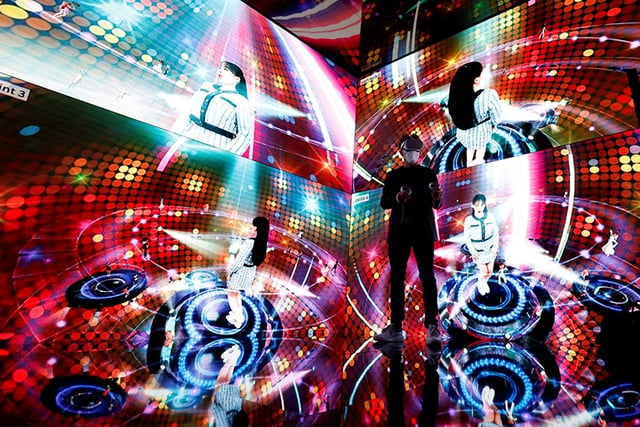
Tech giants lost billions of dollars after the metaverse failed
After Google co-founder Sergey Brin hinted at the device’s incredible potential at a tech conference in San Francisco, consumers quickly turned against the product, believing it would allow for covert photography and video recording. The reaction was so severe that wearers of the device became known as “Glassholes,” prompting Google to recall the product a few years later.
Microsoft, which also had limited success with its HoloLens mixed reality headset, released in 2016, said earlier this year it was still committed to the technology. Meanwhile, startup Magic Leap struggled to market its first consumer headset in 2018, so the company shifted its focus to industrial, medical , and emergency use.
With the challenges and the expected high price tag, Wedbush Securities analyst Dan Ives believes Apple will sell only about 150,000 Reality Pros in the first year of availability. That’s a small number compared to the company’s 200 million iPhones a year. Still, experts say Apple can’t be underestimated, especially in the consumer market, where its products can always be game-changers.
Source link



![[Photo] President Luong Cuong receives President of the Cuban National Assembly Esteban Lazo Hernandez](https://vphoto.vietnam.vn/thumb/1200x675/vietnam/resource/IMAGE/2025/9/30/4d38932911c24f6ea1936252bd5427fa)
![[Photo] The 1st Congress of Phu Tho Provincial Party Committee, term 2025-2030](https://vphoto.vietnam.vn/thumb/1200x675/vietnam/resource/IMAGE/2025/9/30/1507da06216649bba8a1ce6251816820)
![[Photo] General Secretary To Lam, Secretary of the Central Military Commission attends the 12th Party Congress of the Army](https://vphoto.vietnam.vn/thumb/1200x675/vietnam/resource/IMAGE/2025/9/30/9b63aaa37ddb472ead84e3870a8ae825)
![[Photo] Panorama of the cable-stayed bridge, the final bottleneck of the Ben Luc-Long Thanh expressway](https://vphoto.vietnam.vn/thumb/1200x675/vietnam/resource/IMAGE/2025/9/30/391fdf21025541d6b2f092e49a17243f)
![[Photo] Solemn opening of the 12th Military Party Congress for the 2025-2030 term](https://vphoto.vietnam.vn/thumb/1200x675/vietnam/resource/IMAGE/2025/9/30/2cd383b3130d41a1a4b5ace0d5eb989d)


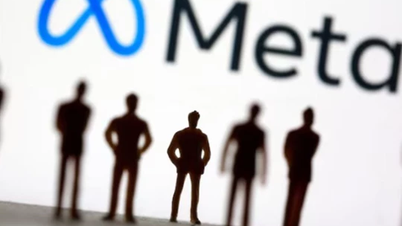




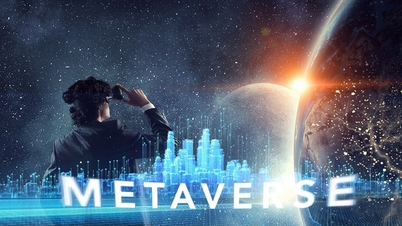







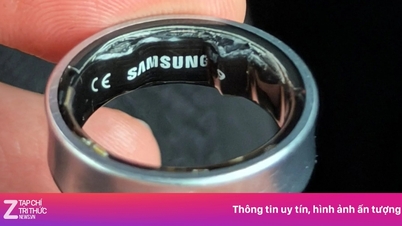


















































































Comment (0)